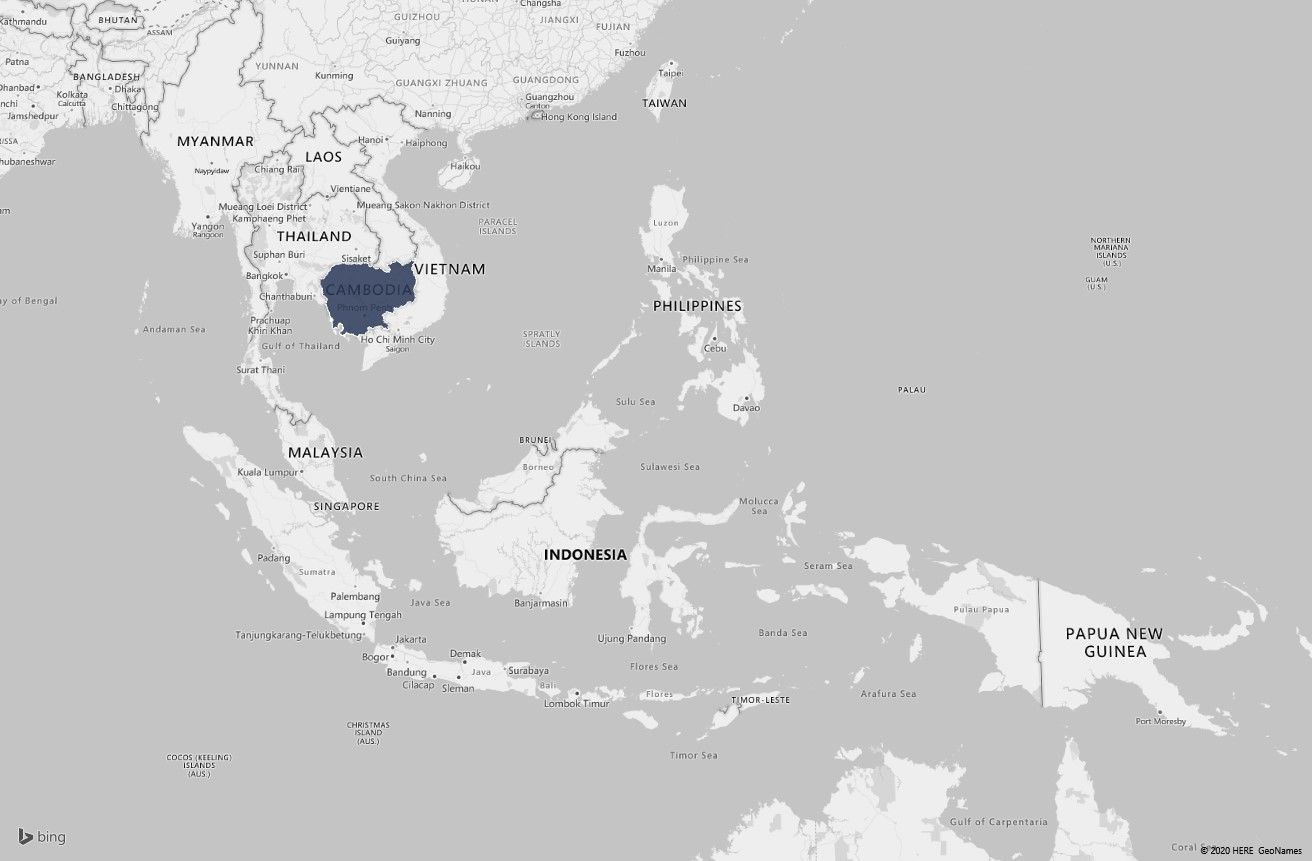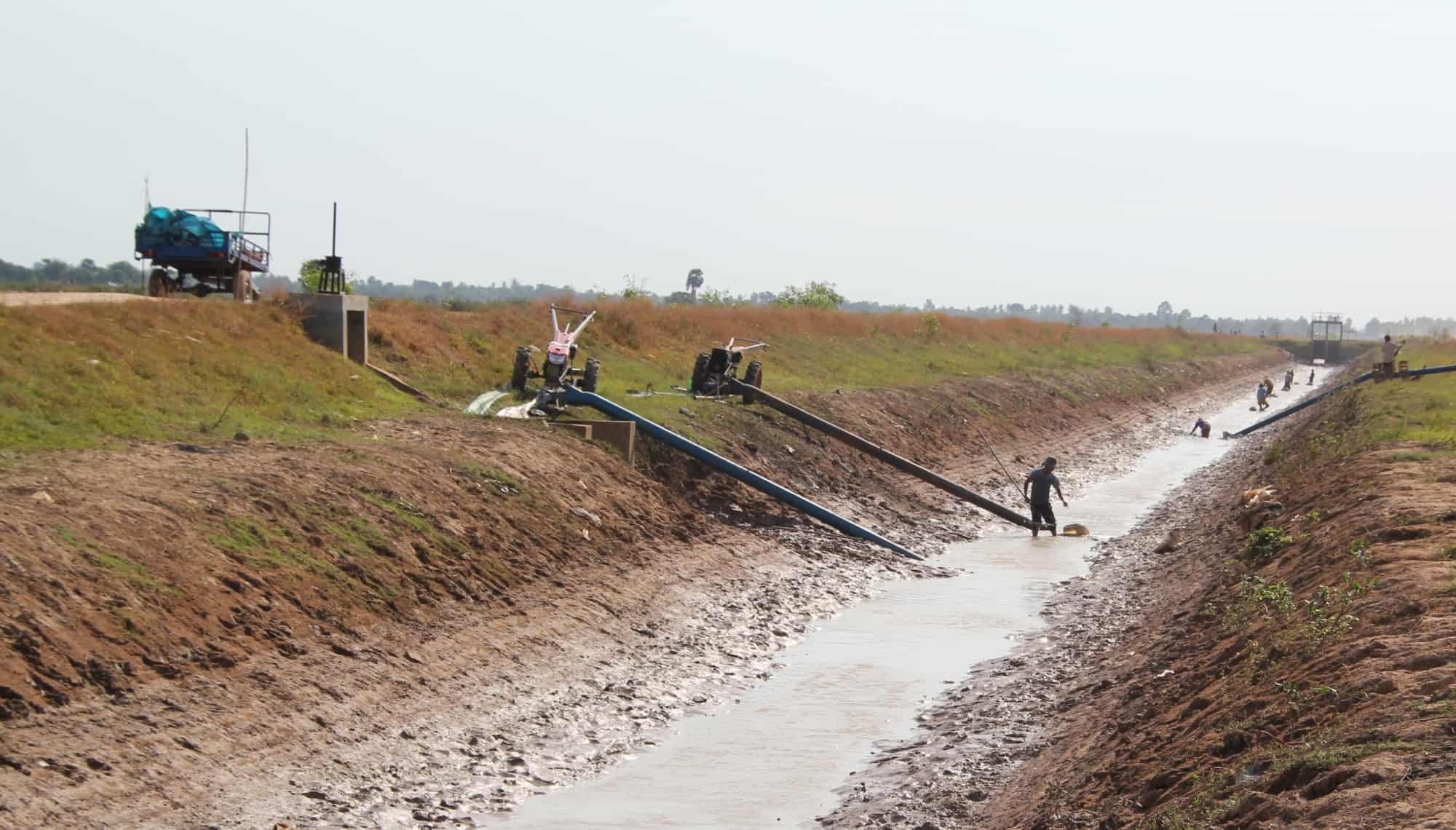Image: Pumping in dry season. Photo credit DFAT, Flickr 2013.
WHAT IT’S ABOUT
Whether programmes that aim to build better government leaders can work.
- How do participants of the Civic Champions program leverage local cultures, values, and ideas in their developmental leadership strategies for sanitation promotion to maximise results in the form of latrine uptake?
- How do participants of the Civic Champions program differ from other commune councillors in terms of resources, leadership capacities, self-efficacy, and sanitation promotion strategies?
- How do participants of the Civic Champions program, as positive outliers, differ from other commune councillors in terms of their leadership journeys and motivations to pursue developmental change?
WHAT WE EXPECT TO LEARN
Whether an innovative leadership development programme run by a local NGO is helping deliver better developmental leaders, and what mix of support is necessary to build a pathway for future government leaders.
PROJECT DESCRIPTION
This project examines an innovative leadership development program in rural Cambodia – WaterSHED’s Civic Champions program. The program does not seek out individuals who appear to have ‘leadership potential’ – elected officials must apply in order to join and pay to participate.
The project examines the contribution the program makes to leaders’ resources, capacity, and self-efficacy. But also how these individuals found their way into leadership positions and what motivated them to pursue change against the odds. By examining these ‘positive outliers’ and comparing their leadership journeys to other leaders who appear not to exhibit the same degree of political will, we can learn valuable lessons about what mix of support is necessary to facilitate the pathway to developmental leadership for future leaders.
“We want to know what contribution the Civic Champions program has made to enhancing leaders’ resources, capacities, and self-efficacy, but we also need to understand how these individuals found their way into leadership positions and what motivated them to pursue change against the odds.”
Tum Nhim, Principal Investigator
WHO’S INVOLVED, WHERE?
Tum Nhim, WaterSHED
Lin Lu, WaterSHED
Long Heng Orng, WaterSHED
Adrien Stehly, WaterSHED
Sodany Saing, WaterAid
Panhaka Nou, WaterAid
COUNTRY
Cambodia

Map to highlight research countries, Cambodia
TIMELINE
April 2020 – April 2021
CHECK OUT THIS PROJECT’S BLOGS & PUBLICATIONS
- Measuring local leadership with 144 natural experiments (project blog).
- Beyond political will: Effective leadership for water and sanitation (project webinar summary).
- Leadership development programming in rural Cambodia: Motivations and characteristics of leaders (research brief).
- Strengthening local leadership for sustainable sanitation promotion: Evidence from the WASH sector in rural Cambodia (research brief).
NEWS
Sign up to the DLP Leadership Observatory for more information on DLP projects or visit the DLP Twitter account to join the conversation #LeadershipObvs.
You may like to visit our partner’s websites.
- WaterSHED Asia, on Twitter @WaterSHEDAsia
- WaterAid, on Twitter @wateraid














